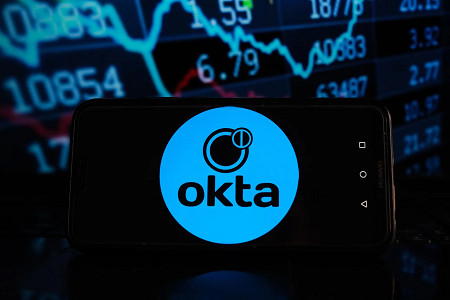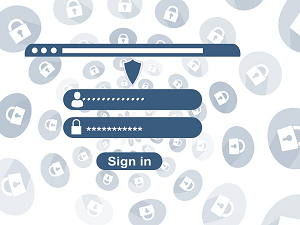
Here’s a statistic you’re not going to like. Based on research conducted by cybersecurity researchers at Proofpoint, there has been a staggering 500 percent increase in malware attacks against mobile devices during the opening months of 2022. The most significant peak so far this year occurred at the end of February.
Most of the malware that targets mobile devices tends to be relatively benign. It’s unlikely to encrypt all the files on your phone and demand a ransom. Although there are admittedly some malware strains that do that, if your phone is infected with malware, it will likely be of the variety that quietly roots through your phone and steals usernames and passwords.
In some cases, you may get infected with a malware strain designed to take screenshots or track your location over time. Again, these are exceptions and not the rule. Even so, malware that steals your account information can be devastating in the longer term. Hackers can use that information to steal your identity, drain your accounts, max out your credit cards, and more.
There are three primary paths hackers use to get malware onto a target Android or iOS device.
The first and the most common is to poison an app and get it placed on either the Apple Store or the Google Play Store. From there, users will download and install it while completely unaware that they have also installed malware.
SMS texts are another popular avenue of attack, which is why security professionals warn users against tapping links in text messages. These may be harmless from a dear friend of yours or may have been put there by a hacker pretending to be your friend. When you tap the link, you’re taken to a poisoned website which installs malware in the background.
Finally, there’s email. By now everyone has heard the dire warnings against clicking on links embedded in email messages or opening file attachments. This applies whether you’re reading your mail on your phone or your PC.
The bottom line is that you are increasingly a target whether you’re on your PC or your phone. Be careful.
SpartanTec, Inc. provides cybersecurity training for your employees to prevent them from inadvertently affecting your network via their phone, tablet or desktop computer. Call us today for more information.
SpartanTec, Inc.
800 25th Ave S #4320
North Myrtle Beach, SC 29582
(843) 418-4792
https://www.spartantec.com/








 It is important to educate your employees about phishing so they are aware of its basics.
It is important to educate your employees about phishing so they are aware of its basics. 
 Continual standards alignment and dedicated network administration
Continual standards alignment and dedicated network administration